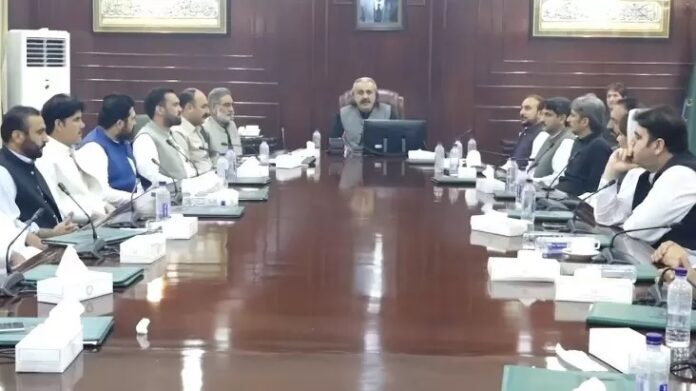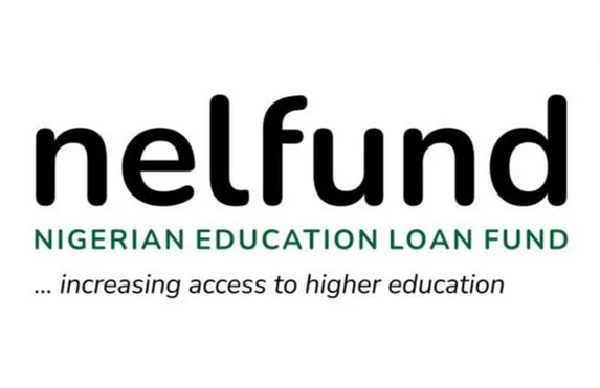By Staff Report
Copyright pakistantoday

Both ministers from Swabi quit over corruption, policy rift; reshuffle elevates advisers to key posts
Reshuffled cabinet approves recruitment of 3,000 lecturers, first-ever Mountain Agriculture Policy and Pharmacy Services Policy
Approves creation of two new districts — Paharpur and Upper Swat —for better administration
PESHAWAR: The Khyber Pakhtunkhwa (KP) government on Thursday undertook a sweeping cabinet reshuffle in the wake of the dramatic resignations of two provincial ministers, while the newly reconstituted cabinet, chaired by Chief Minister Ali Amin Khan Gandapur, approved a series of major policy initiatives including the Mountain Agriculture Policy, Pharmacy Services Policy, creation of two new districts, and Rs3 billion recruitment of lecturers.
According to the official notification, Special Assistant Hameedur Rehman has been appointed Health Minister, and Special Assistant Arbab Asim as Education Minister. The Tourism Department was handed over to Provincial Minister Fazal Shakoor, while Dr Amjad, earlier special assistant to the CM, was elevated to full provincial minister. His adviser, Zahid Chanzeb, was given the Labour Department.
Further reshuffles saw Pakhtoon Yar take charge of the Sports Ministry, with former sports minister Fakhar Jahan shifted to Public Health Engineering, and CM Gandapur’s health adviser Ihtisham Ali reassigned to Excise.
The changes came days after Provincial Minister for Education Faisal Khan Tarakai and Irrigation Minister Aqibullah Khan resigned, citing corruption and policy differences with CM Gandapur. Both belong to Swabi district; Tarakai is the brother of MNA Shahram Tarakai, while Aqibullah is the brother of former NA Speaker Asad Qaiser. Their exit has raised questions over the stability of the provincial government.
Key Cabinet Decisions
At its 39th meeting, the reshuffled cabinet approved far-reaching measures, including the recruitment of over 3,000 temporary lecturers at an annual cost of Rs3 billion to address teacher shortages; recognition of job value for the Associate Degree Programme; outsourcing of selected low-enrollment schools and colleges on a pilot basis, with government covering all costs and teachers’ jobs protected.
Agriculture & Health Sectors
The cabinet okayed the launch of Pakistan’s first Mountain Agriculture Policy to boost food security, stabilize markets through off-season produce, and align with UN SDGs 2 (Zero Hunger) and 13 (Climate Action); and approval of a Pharmacy Services Policy to cut therapy costs, ensure quality medicines, and eradicate fake drugs in line with WHO standards.
Environment & Tourism Sectors
The cabinet approved allocation of Rs100 million for urban forestry in Peshawar and Rs50 million for each divisional headquarters, besides approval of Rs1 billion grant-in-aid for the Galiyat Development Authority and other tourism bodies for infrastructure, beautification, and sanitation at tourist sites.
Governance & Welfare
The cabinet also approved creation of two new districts — Paharpur and Upper Swat — to improve administration; approval of Women Property Rights Rules 2025 and appointments to the Provincial Women Commission; grants to bar associations and NGOs in health and special education worth Rs40 million; financial assistance for WSSC Haripur; and abolition of Right of Way charges under the KP Right of Way Policy 2022.
Legal & Revenue
The provincial cabinet gave the go-ahead for legally challenging federal taxes on immovable property transfers before the Supreme Court under Article 184(1), asserting provincial jurisdiction.
Similarly, the KP cabinet greenlit the compensation package for families of martyrs in Bajaur, Tirah, Kurram, Wana and other districts; Rs4.5 million financial aid for treatment of two critical patients; and authorization for deputy commissioners to use relief funds for transport support to Afghan families opting for voluntary repatriation.
Advisor to CM on Information, Barrister Dr Muhammad Ali Saif, who briefed on the decisions, said the reshuffle and approvals reflect the government’s commitment to “strengthening governance, ensuring merit and transparency, and advancing public welfare across the province.”



